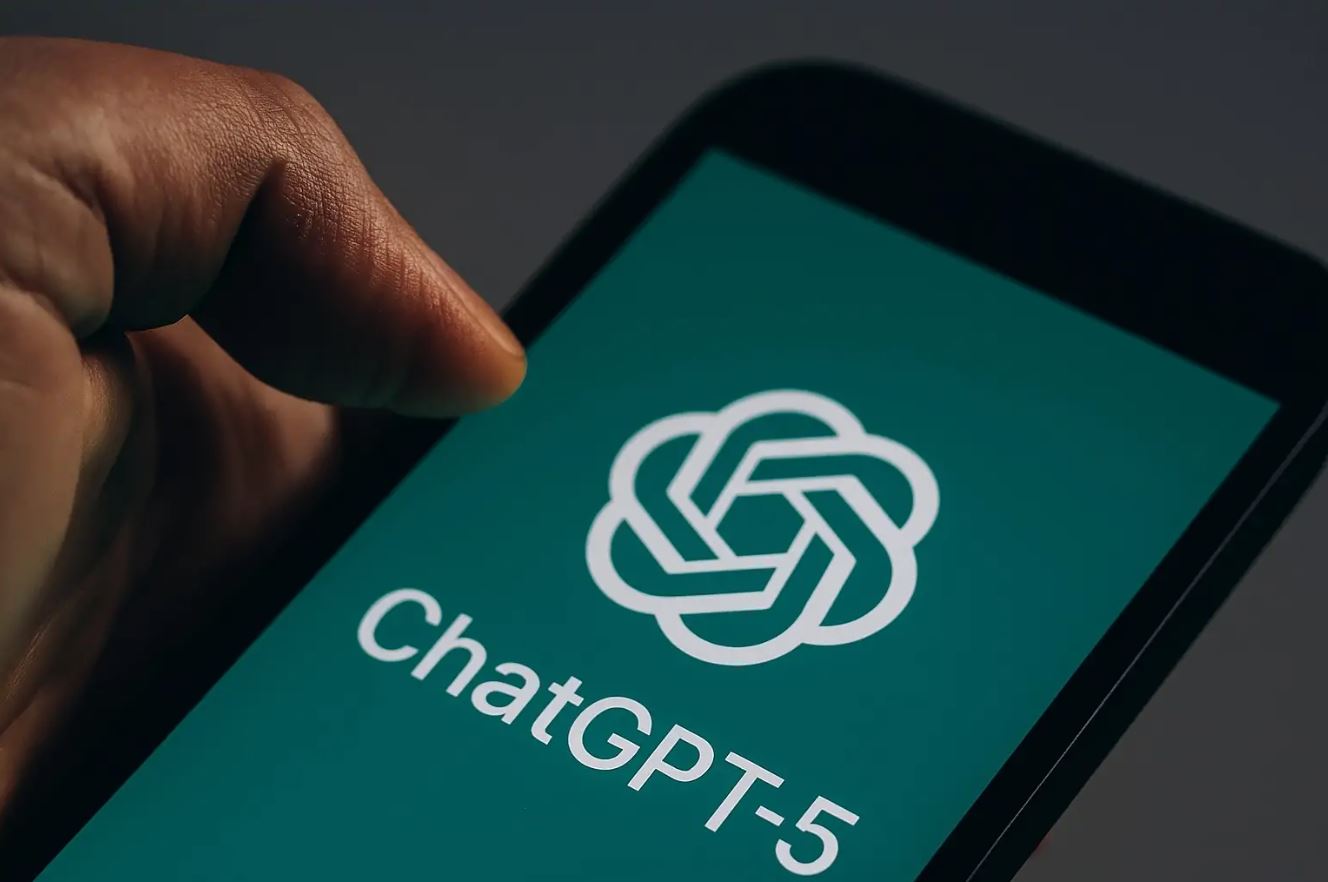 In a dramatic twist that feels straight out of the movies, OpenAI’s CEO Sam Altman recently shared a striking image of the Death Star—an unmistakable hint that something significant was on the horizon. Today, that hint culminates in the launch of GPT-5, a model described as a “legitimate Ph.D.-level expert” that transforms your ambitions into concrete achievements. Building on what GPT-4 offered back in March 2023, this newest iteration promises a smoother, more effective tool for users.
In a dramatic twist that feels straight out of the movies, OpenAI’s CEO Sam Altman recently shared a striking image of the Death Star—an unmistakable hint that something significant was on the horizon. Today, that hint culminates in the launch of GPT-5, a model described as a “legitimate Ph.D.-level expert” that transforms your ambitions into concrete achievements. Building on what GPT-4 offered back in March 2023, this newest iteration promises a smoother, more effective tool for users.
GPT-5 not only enhances the familiar ChatGPT interface but steps up its game in writing, coding, and solving scientific problems. With collaborations spanning established consultancies like Bain & Company and prestigious institutions such as Harvard, OpenAI is cementing its place among tech leaders. If you’ve ever found navigating multiple model options a bit overwhelming, you’ll soon notice how refreshing this simplicity feels.
Amid talk of a potential $500 billion valuation, OpenAI’s strategy involves refining its product suite and forming even closer ties with institutional partners. Altman confidently notes, “We think you’ll love using GPT-5 much more than any previous AI,” emphasizing a philosophy that puts user experience front and centre.
While the launch wasn’t without its hiccups—some initial data discrepancies did raise a few eyebrows—OpenAI’s commitment to a user-friendly experience remains undimmed. GPT-5’s intuitive interface and adaptable features are designed to keep you engaged, ensuring that the benefits far outweigh any transient missteps.
The real strength of GPT-5 lies in how it consolidates years of innovation into a seamless experience. By retiring older models and integrating enhancements like customisable features and even Gmail integration, OpenAI makes its technology accessible and straightforward. It’s a move designed not only to simplify choices but also to personalise your interaction with AI.
Much like how the iPhone redefined personal tech, GPT-5’s blend of flexibility and ease-of-use positions it as an indispensable part of your digital toolkit. And while the current focus is on improving everyday interactions, OpenAI’s longer-term vision hints at developing an artificial general assistant that could eventually reshape sectors ranging from the economy to healthcare.








